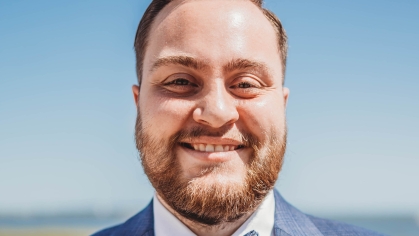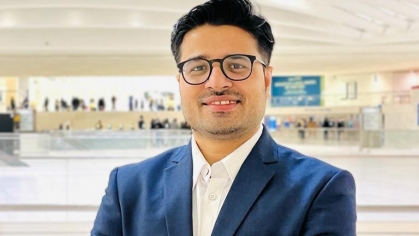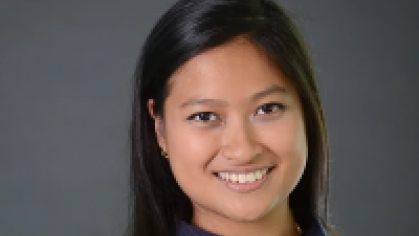Meet Doctoral Student Nicholas Corrente
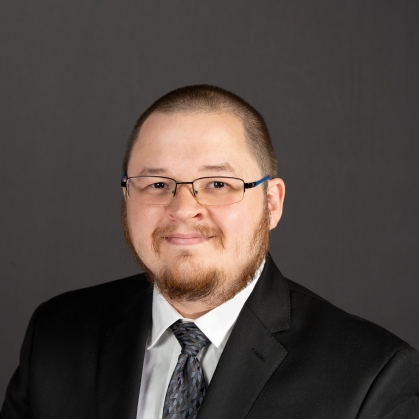
“I love the people in the CBE department – from the undergraduates and my fellow graduate students to the professors and departmental staff. I enjoy working in an environment where there is so much collaboration and respect.” –Nicholas Corrente
Nick Corrente expects to receive his PhD in chemical and biochemical engineering (CBE) in the next year or two. While he started his academic career at Seton Hall as a social and behavioral sciences major, he switched to chemistry in his junior year. After graduating in 2016, he earned a second BS degree from NJIT in chemical engineering in 2019, and his School of Engineering master’s degree in 2023 in chemical engineering. He is, according to CBE professor and chair Helen Buettner, “a fantastic and multi-talented graduate student who does some teaching for us – and is an excellent and very popular photographer.” Visit his website to see his work: http://www.njc.photos/about
What sparked your interest in chemical engineering?
I always had a deep interest in creating systems and processes. In college, I also fell in love with chemistry, and the impacts it has on all of our lives. Chemical engineering was the natural fusion of these two interests.
Why Rutgers for your PhD?
At NJIT, I participated in computational research in determining the impact of nano-porous confinement on the properties of adsorbed fluids. I came to Rutgers to work with my PhD advisor, Alex Neimark, who is an expert in this field.
What is your current research focus?
My research focuses on the study or adsorption in flexible nano-porous materials. I develop computational models to predict adsorption processes in these materials and how they might deform during these processes.
What most excites you about your research?
I’m very excited about the number of practical applications that these materials have in many different areas, including gas storage, catalysis, and mixture separation. And since my work is computational, I am able to contribute to the study of these materials across these different disciplines.
I love the people in the CBE department – from the undergraduates and my fellow graduate students to the professors and departmental staff. I enjoy working in an environment where there is so much collaboration and respect.
–Nicholas Corrente
What do you most like about the CBE department?
I love the people in the CBE department – from the undergraduates and my fellow graduate students to the professors and departmental staff. I enjoy working in an environment where there is so much collaboration and respect
What do you hope to do after you receive your degree?
I’ve been a TA and since the summer of 2022, I’ve also been an instructor for the undergraduate Chemical Engineering Thermodynamics I course. This experience has been a joy for me, and a highlight of my time here at Rutgers.
When I came here, I had no interest in academia. However, after having taught courses and worked directly with students, I think I would like to pursue a career in teaching.
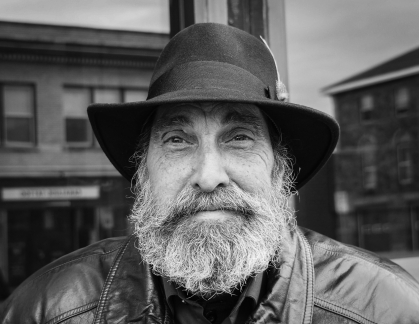
What drew you to photography?
In college, my girlfriend – now my wife – bought me a camera. Once I started taking pictures, I was hooked. I quickly realized how expensive better gear was, so I started a business to help fund my hobby. Before I started at Rutgers, I worked as a portrait, wedding, and event photographer. I love capturing interactions between people.
Do your artistic and engineering skills intersect in any way?
From an aesthetic standpoint, I think that being a photographer has greatly helped me in writing my papers. I’m always thinking of the best way to frame a point, or to present information either graphically or in text to make it accessible and interesting for the reader.
From a logistical standpoint, planning a shoot is similar to planning a research project. It’s helpful to have a roadmap to ensure the best possible odds for success, whether for getting the event photos or research results I need.
What do you most value about your Rutgers experience?
I value the mentorship from my advisor Professor Neimark. It has been a fantastic experience learning from an expert in our field.
I’ve also valued being able to work directly with students. Chemical engineering is not an easy subject to study, and if I can in any way help make the learning easier for students, I’m happy. I am forever grateful that Professor Buettner took a chance on me in asking me to teach.
What words would you use to describe your experience?
Collaborative. Fulfilling. Intellectually stimulating.
